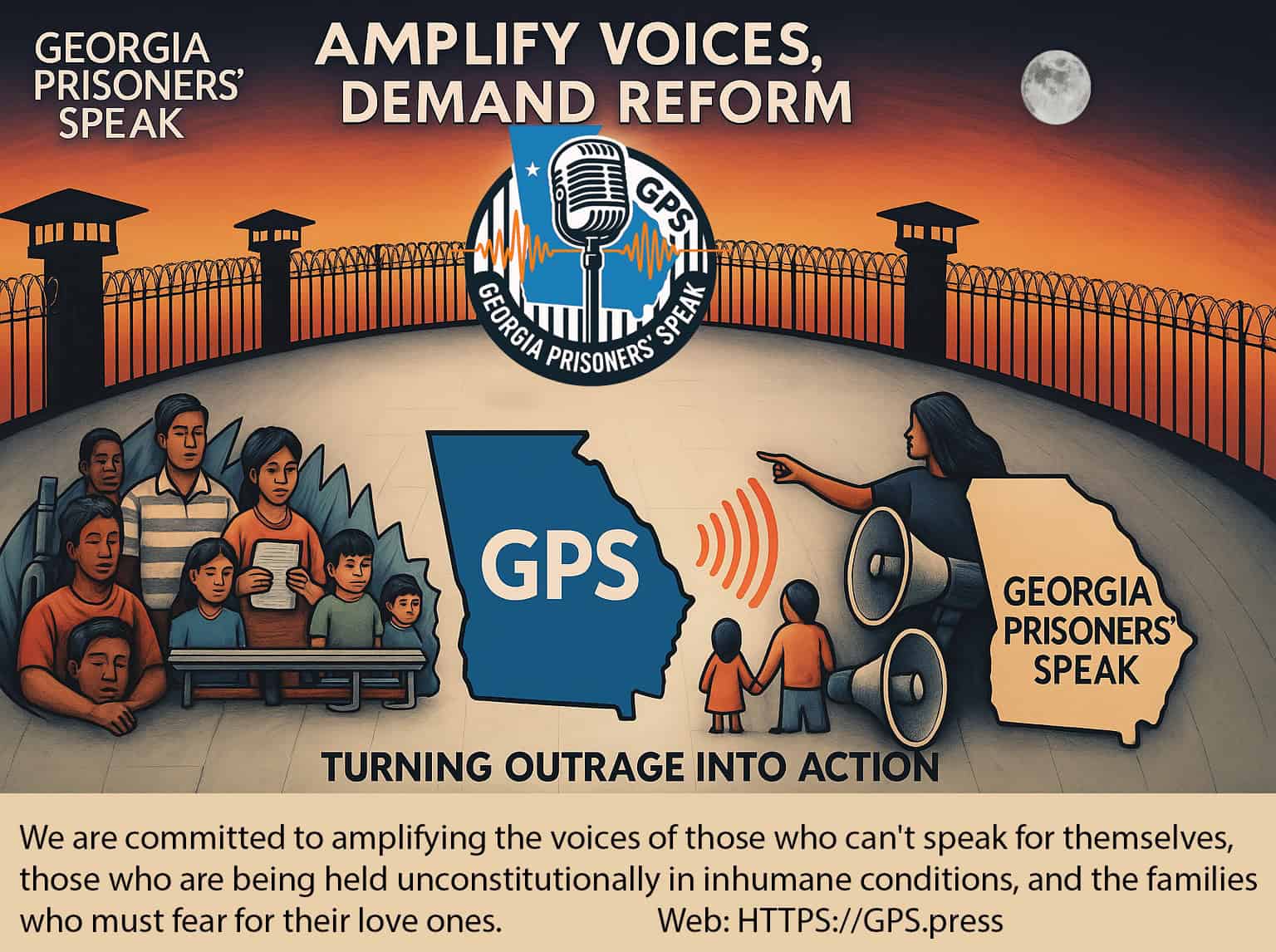Georgia’s corrections budget hit $1.5 billion annually. The homicide rate inside prisons hit 32 times the free population. The state added $700 million to corrections spending between FY2022-2026. Deaths increased. Violence increased. The only thing that didn’t increase: accountability. 1
Where the Money Goes
Georgia spends $86.61 per day to incarcerate one person—$31,612 annually. For that investment:
- 70% higher death rate than national state prison average
- 100+ homicides in 2024
- 49.3% staff vacancy rate at some facilities
- Healthcare ranked 44th nationally at $3,600 per inmate
The budget increased 70% over the last decade. Outcomes got worse. 2
The Math That Doesn’t Add Up
| Approach | Daily Cost | Annual Cost | Recidivism Impact |
|---|---|---|---|
| Incarceration | $86.61 | $31,612 | Increases |
| Parole Supervision | $4.53 | $1,653 | Neutral |
| Drug Court | ~$22 | ~$8,000 | Decreases 35-40% |
| Mental Health Court | ~$25 | ~$9,000 | Decreases 20-25% |
Georgia spends 19 times more on incarceration than parole supervision—for worse outcomes. The choice isn’t about cost-effectiveness. It’s about priorities.
What Other States Proved
Texas invested in rehabilitation over incarceration. Result: $2 billion saved, reduced recidivism, safer communities—without building new prisons.
New York implemented education and job training programs. Recidivism dropped 10%. The investment paid for itself in avoided reincarceration costs.
California was forced by federal courts to reduce population. Dire predictions of crime waves never materialized. The state spent less and got better outcomes.
Georgia refuses to learn. GPS examined why in Brown v. Plata: A Legal Roadmap for Georgia’s Prison Crisis.
The Staffing Crisis Costs More
Georgia’s prisons operate with vacancy rates exceeding 49% at some facilities. The result:
- Mandatory overtime burns out remaining staff
- Higher turnover increases training costs
- Violence increases when facilities are understaffed
- Medical emergencies go unattended, creating liability
The state spends millions managing a crisis it could prevent with competitive wages. Instead, the budget funds more beds nobody can safely staff.
What $700 Million Could Buy
Georgia added $700 million to corrections between FY2022-2026. That money could have funded:
- 87,000 years of drug court supervision instead of incarceration
- Competitive staff wages eliminating vacancy crises
- Mental health treatment for every person currently incarcerated with diagnosed conditions
- Reentry services reducing recidivism and future costs
Instead, Georgia got more deaths, more violence, and a new $436.7 million prison that will immediately fill with people other approaches could have kept out.
The Taxpayer Reality
Every person incarcerated costs you $31,612 annually. Every person who returns to prison after release costs you again. Georgia’s recidivism rate means you’re paying multiple times for the same people—with no improvement in public safety.
The DOJ found Georgia’s prisons unconstitutional. Lawsuits will follow. Settlements will cost. The tab keeps growing because Georgia refuses to invest in what works.
Take Action
Use Impact Justice AI to send advocacy emails to Georgia legislators demanding budget accountability. The free tool crafts personalized messages—no experience required.
Ask your representatives:
- Why did outcomes worsen after adding $700 million?
- Why build a $436.7 million prison instead of funding alternatives?
- What’s the plan when federal courts impose oversight—and costs?
Further Reading
- $700 Million More—And Nothing to Show for It
- Parole Theater: How Georgia’s Parole Board Rubber-Stamps Inevitable Releases
- Brown v. Plata: A Legal Roadmap for Georgia’s Prison Crisis
- GPS Statistics Dashboard
About Georgia Prisoners’ Speak (GPS)
Georgia Prisoners’ Speak (GPS) is a nonprofit investigative newsroom built in partnership with incarcerated reporters, families, advocates, and data analysts. Operating independently from the Georgia Department of Corrections, GPS documents the truth the state refuses to acknowledge: extreme violence, fatal medical neglect, gang-controlled dorms, collapsed staffing, fraudulent reporting practices, and unconstitutional conditions across Georgia’s prisons.
Through confidential reporting channels, secure communication, evidence verification, public-records requests, legislative research, and professional investigative standards, GPS provides the transparency the system lacks. Our mission is to expose abuses, protect incarcerated people, support families, and push Georgia toward meaningful reform based on human rights, evidence, and public accountability.
Every article is part of a larger fight — to end the silence, reveal the truth, and demand justice.

